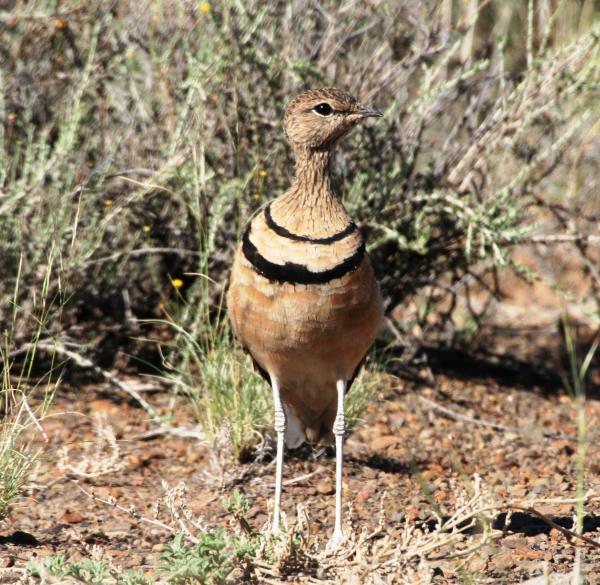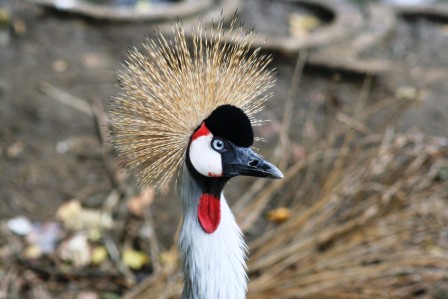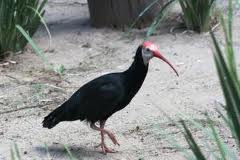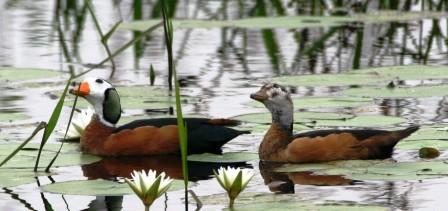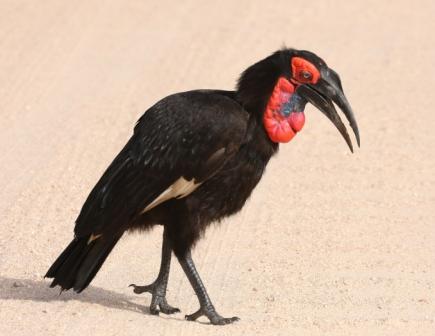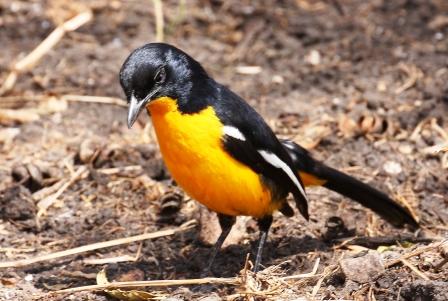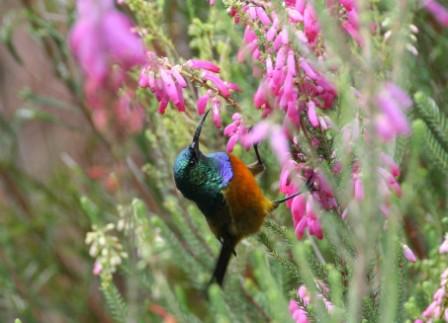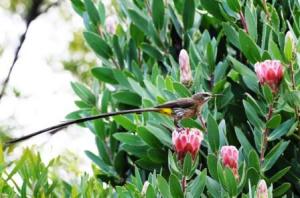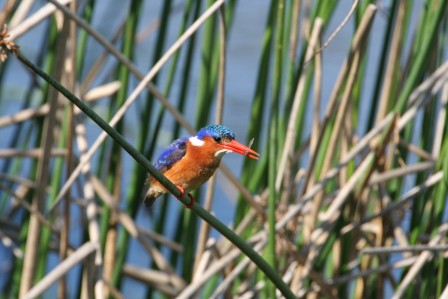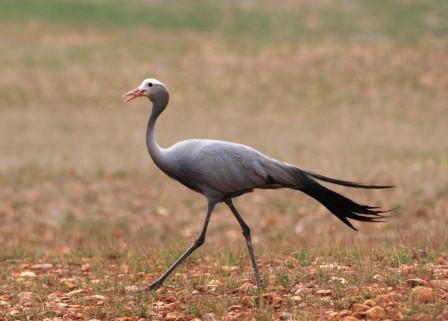|
|
JOIN OUR MAILING LIST |
|
Newsletter / Blog 2011-09-11 Rosemary to retire after 20 years - Whakatane Bird Rescue, New Zealand
Well after 20 years doing bird rescue work I have decided to retire. I
will still be involved in an advisory role. The sharing of information
in this type of work is vital. Something that works really well in
getting a bird back to the wild should be shared. That is why we hold
bird rescue weekends and the one day courses that Massey University hold
around the county. Some of the highlightsSome of the highlights would be, caring for Kiwi and then on some occasions being able to take the bird back to the bush to be released.Getting a paralyzed falcon well again and seeing that flying free. (It stayed around the area for a few months before going back to nature). Being able to go out on boats to release penguins back to the ocean was great, thanks to those that allowed me on their boats. Having a video done by Graham Moore of the birds that I was looking after – This took many months to complete – but a nice record to look back on. The support I have been given by different firms and people have been outstanding. When running bird rescue weekends, firms like Norske Skog, Wildlands, the Department of Conservation, and our local Forest and Bird have all contributed to the funding needed to run the courses. Even school children holding their fishing contests have willing given fish to be saved for the next fish eating bird that came into care. Our local vets have been marvelous and given their time and expertise free of charge. Our local friend Mike Coffey helped when needed to keep the bird hospital up and running. I think I have been so lucky in having the continued support from the
Department of Conservation. I have made some great friends over the
years in DoC and they have given me some wonderful experiences. |
| Back | Back to top |
 |  | Cape Town Tourism 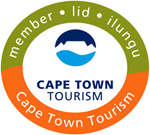 |
|||||||||||||

